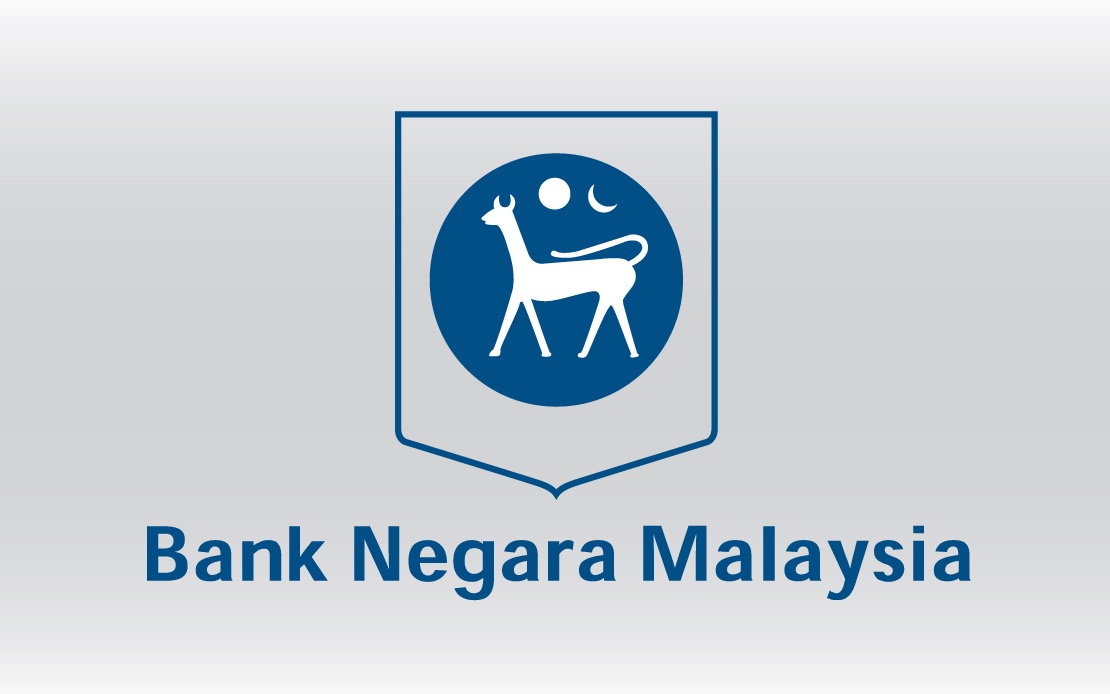

Bank Negara Malaysia (BNM) has officially maintained its key Overnight Policy Rate (OPR) at 3.00% as of January 22, 2025, marking the tenth consecutive meeting without a change. This decision is expected to stimulate economic growth while the central bank continues to monitor global financial developments. Economists, including Mohd Sedek Jantan from UOB Kay Hian, forecast Malaysia's economic growth at 5.1% for 2024, supported by a stable inflation rate of 1.8% reported in November 2024 [3dc602d6].
The last adjustment to the OPR occurred in April 2023, when it was raised from 2.75% to 3.00%. Stephen Innes from SPI Asset Management emphasized the importance of maintaining currency stability, particularly in light of ongoing global trade tensions, especially between the US and China [3dc602d6].
While concerns over potential civil servant salary increases were noted, analysts believe these will have a minimal impact on inflation. The central bank's decision reflects a commitment to providing economic stability and supporting growth amidst fluctuating global economic conditions [3dc602d6].
Previously, there were speculations regarding a potential decrease in the OPR to 2.75% by 2025, influenced by external factors such as the US Federal Reserve's rate cuts and Malaysia's low inflation rates [8e9f2163]. However, the latest insights from BNM indicate a more cautious approach, prioritizing economic stability over aggressive rate cuts. The upcoming Monetary Policy Committee (MPC) meetings will be crucial in shaping the bank's strategy as it navigates both local and global economic challenges [8e9f2163].